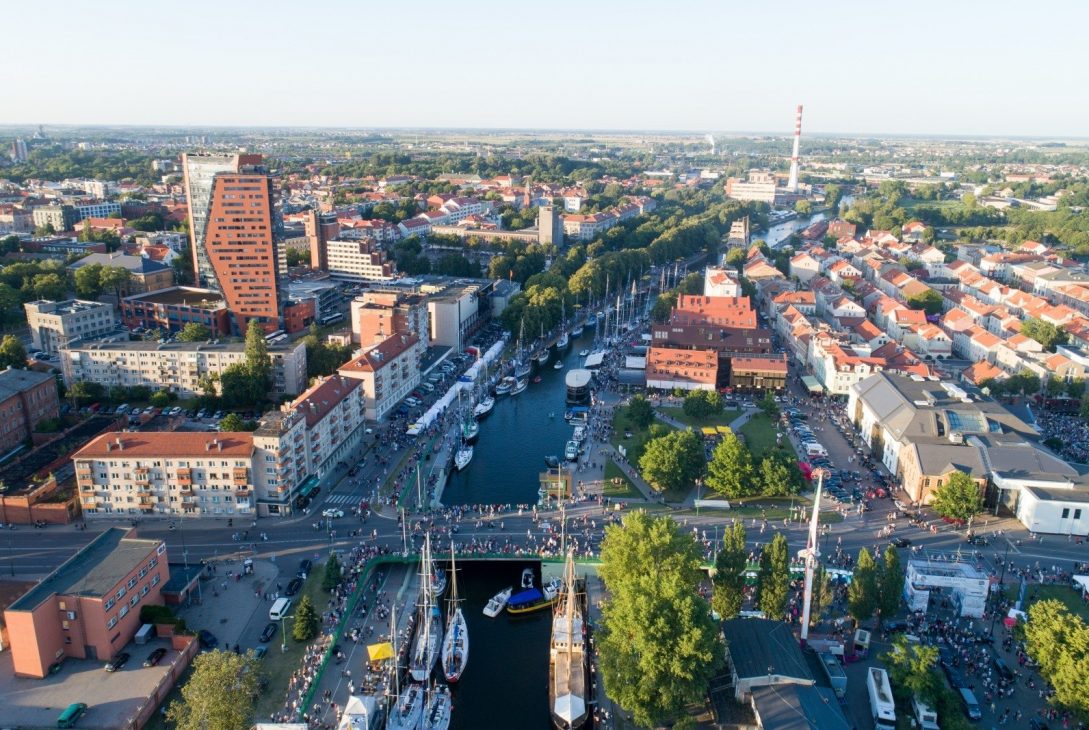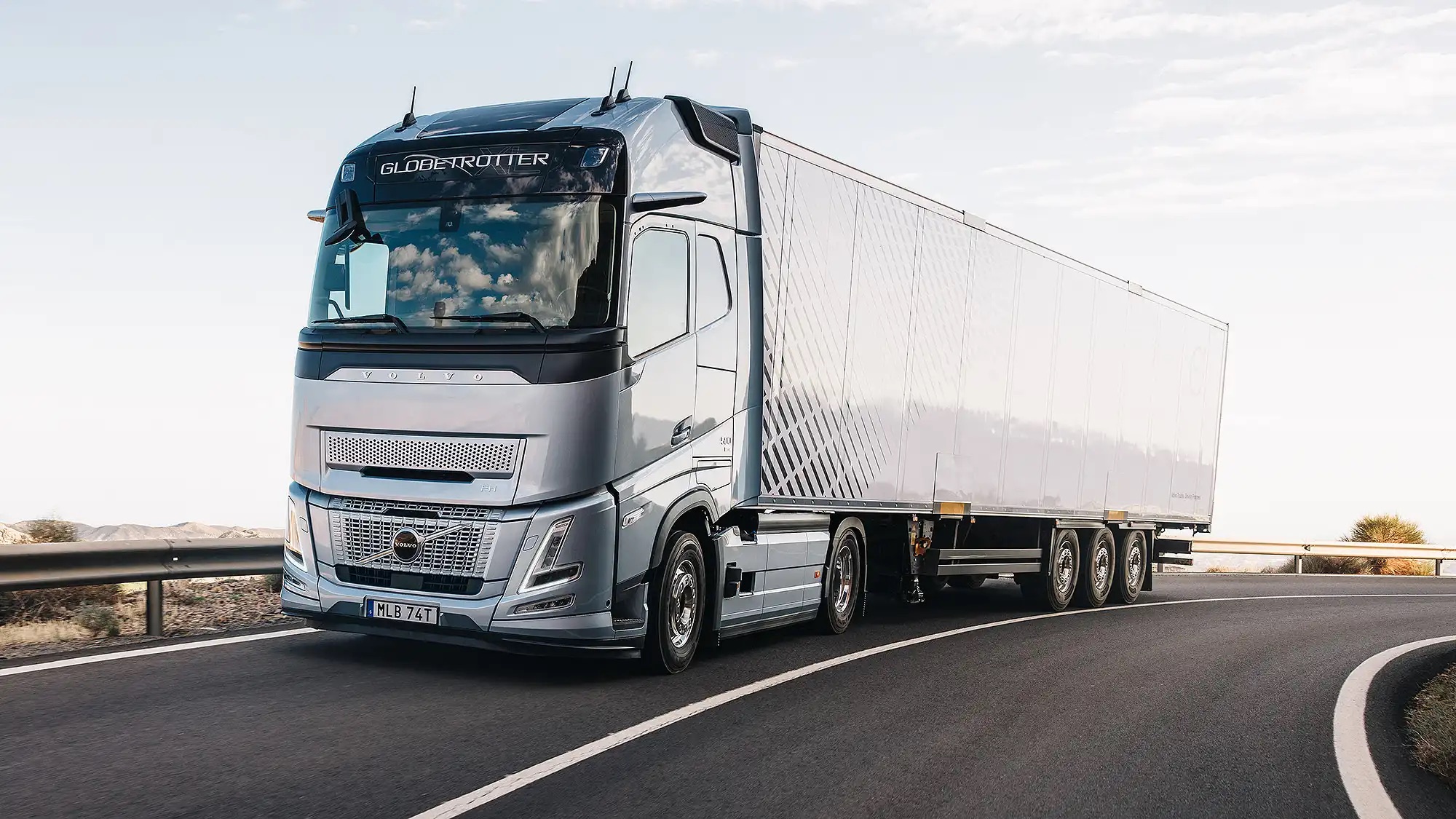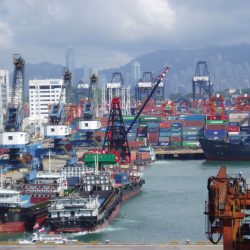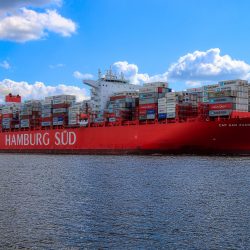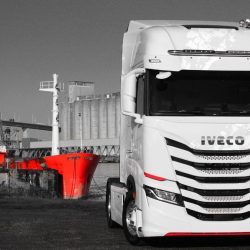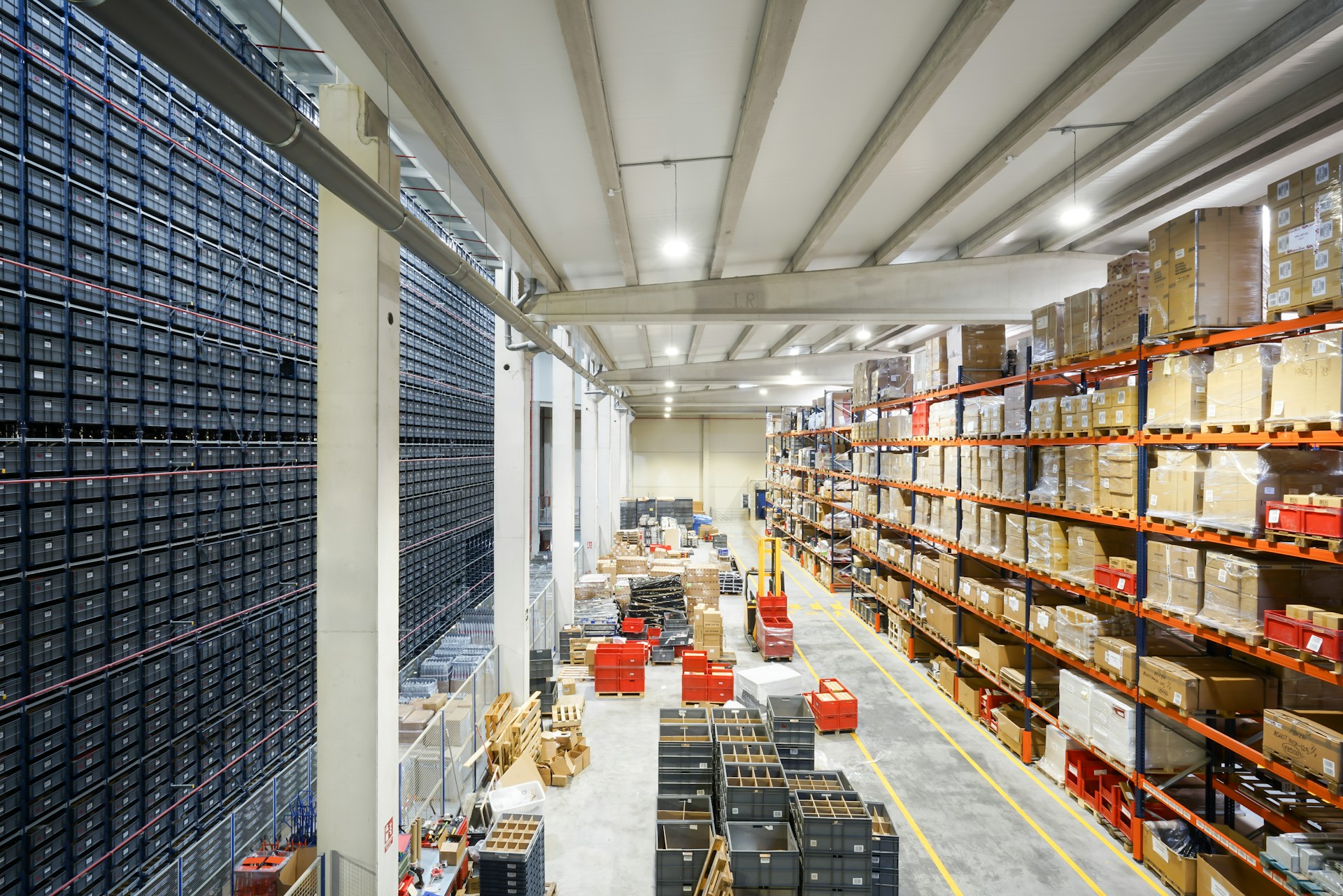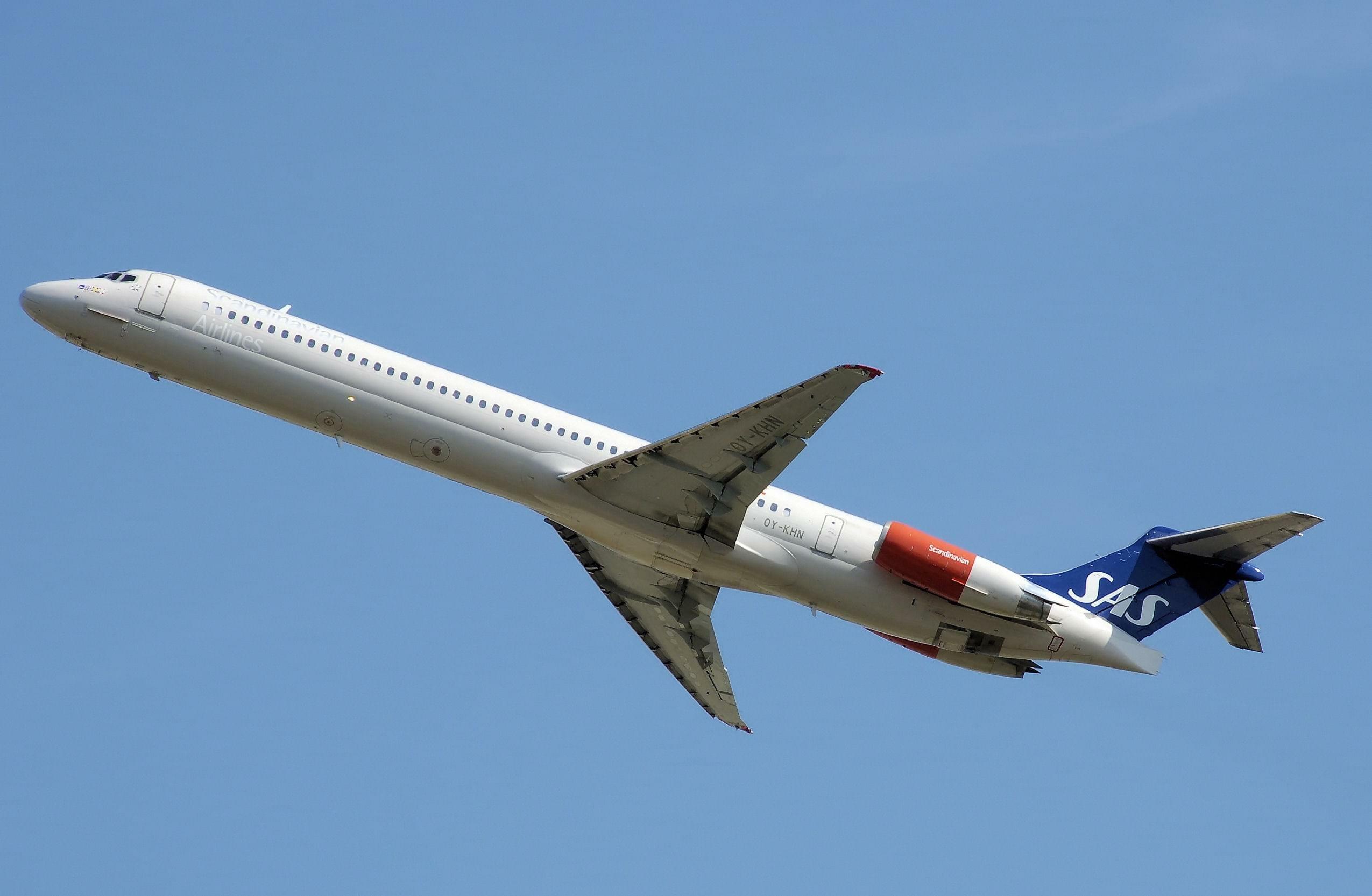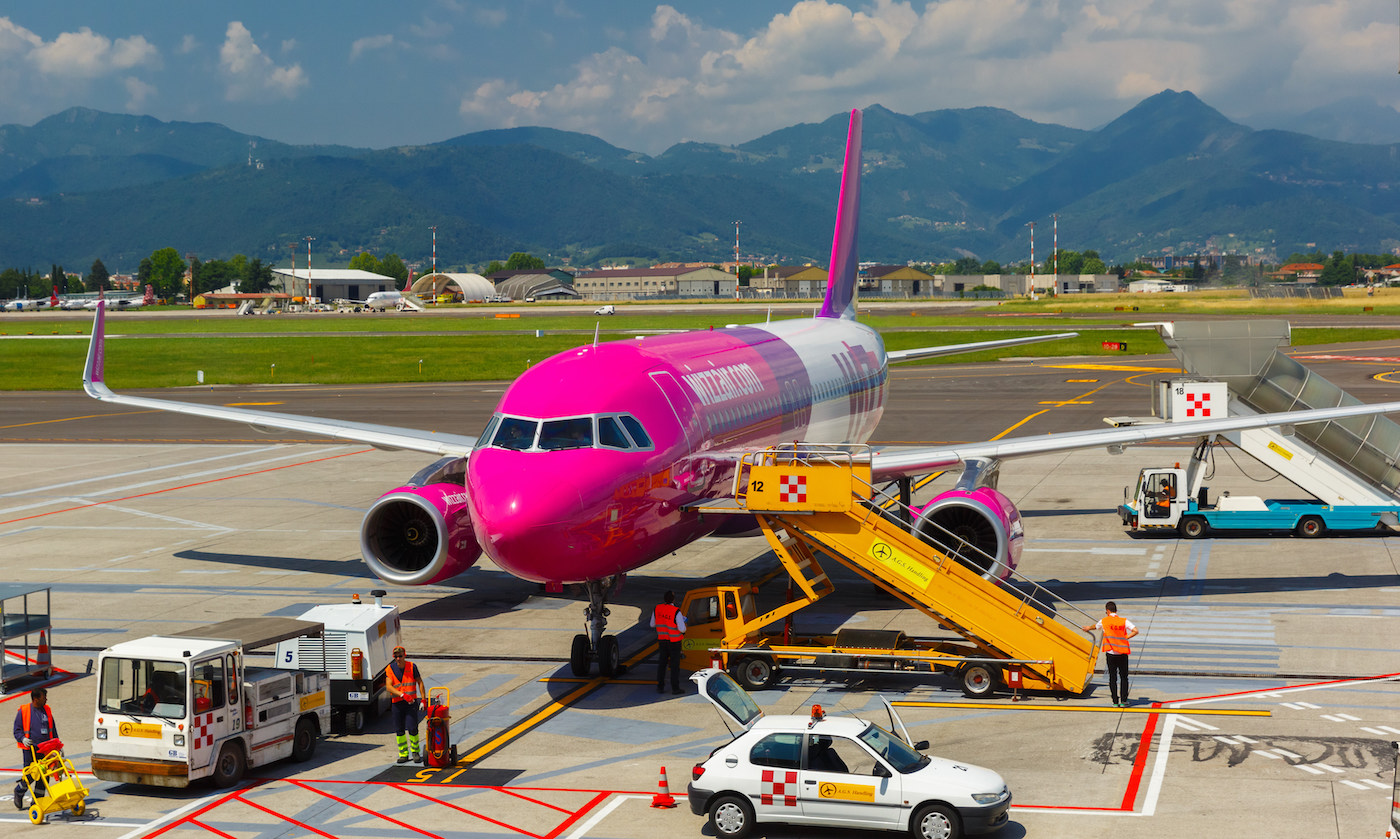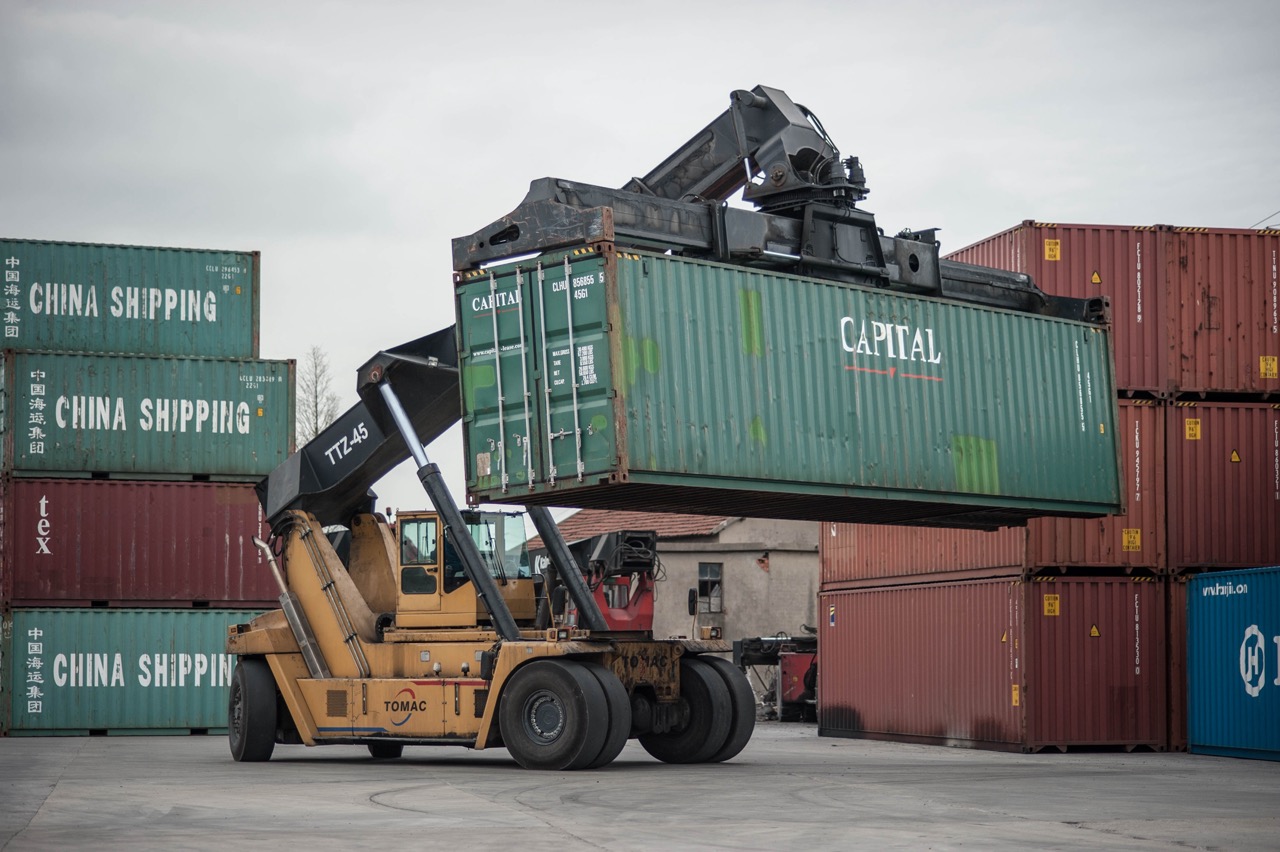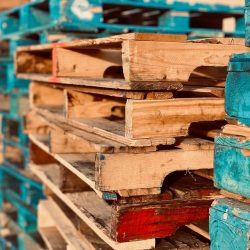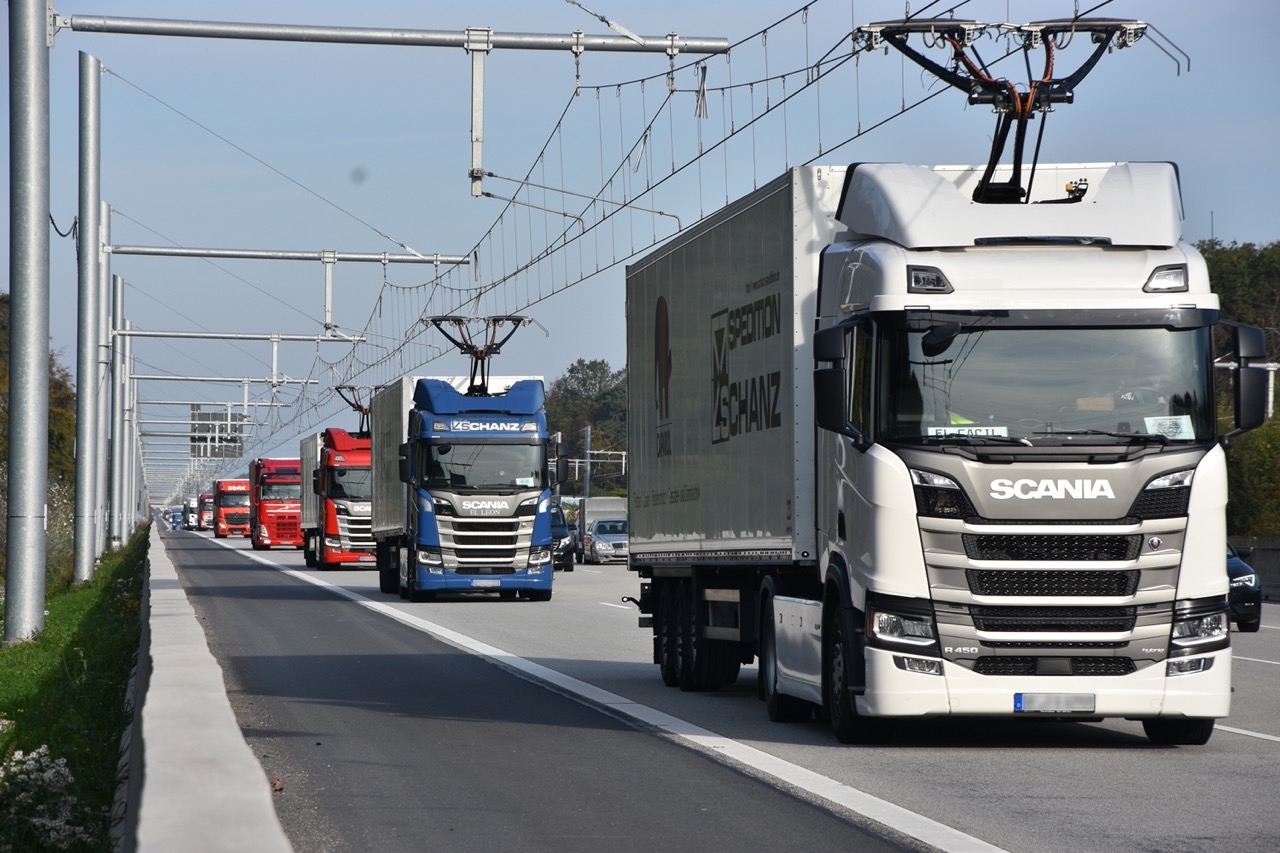Port of Klaipeda is experiencing a decrease in freight volume
Port of Klaipeda in the first half of the current year has shown a decrease in cargo handling volumes by 18%. During this period 18.08 million tons of cargo were recorded here, which is almost 4 tons less than it was in the previous period.
In spite of the general decrease, transshipment volumes of general cargoes increased in the port of Lithuania. Their volume increased by almost 18% and reached 9 million tons, thanks to which the company was able to reduce the loss of products from countries that are subject to international sanctions. Representatives of Klaipeda note that a serious decline in volume is observed in the category of bulk cargo, a drop of 50.8%.
The main factor of such dynamics was the ban of the Lithuanian government on the transshipment of potash fertilizers, the supplier of which is one of the sanctioned states. Experts say that the lack of transit of these fertilizers will have a significant impact on the country’s economy. First of all, the railroad and the port suffer, the total damage of which has already amounted to 1 billion euros. To cope with the losses, the railroad company announced the layoff of 2 thousand employees. The sea carriers have not yet decided to take such drastic measures.
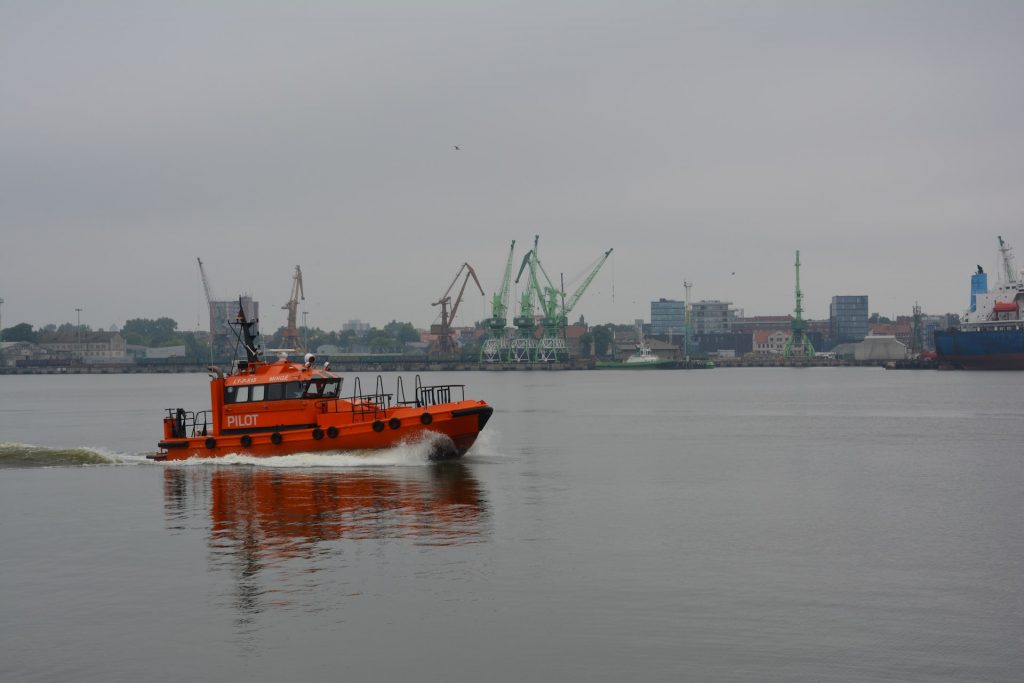
According to analysts’ forecasts, by the end of the year, the handling volumes may fall to 19-20 million tons, i.e. to the level of 2010-2011. The geopolitical conflict and resulting sanctions have caused a crisis in Lithuania’s logistics industry. In order to overcome the difficulties, the market players are working to reformat some of the processes and find new customers in Europe. As part of these tasks, the Lithuanian minister of transport met with representatives of German ports in Hamburg and Lübeck. Lithuanian authorities plan to start cooperation with their German colleagues on the project of construction of wind farms in the sea, near the port of Klaipeda. In addition, the parties considered possible options for cooperation in the field of maritime transportation. The opening of a new route, which will connect Lithuanian and German ports, is promising. This route will be used for the transportation of containers and semi-trailers.
Despite the drop in handling volumes, the Klaipeda port management is optimistic about the future. According to him, the transport industry experiences crises almost every 10 years, and after overcoming them it starts actively developing again. It may happen now as well – rejection of old suppliers has increased opportunities for finding new, bigger, and more reliable ones. A striking example is a growth in imports from Spain and Scandinavian countries. These countries have significantly increased supplies of metals and metal products and crushed stone to Lithuania.

